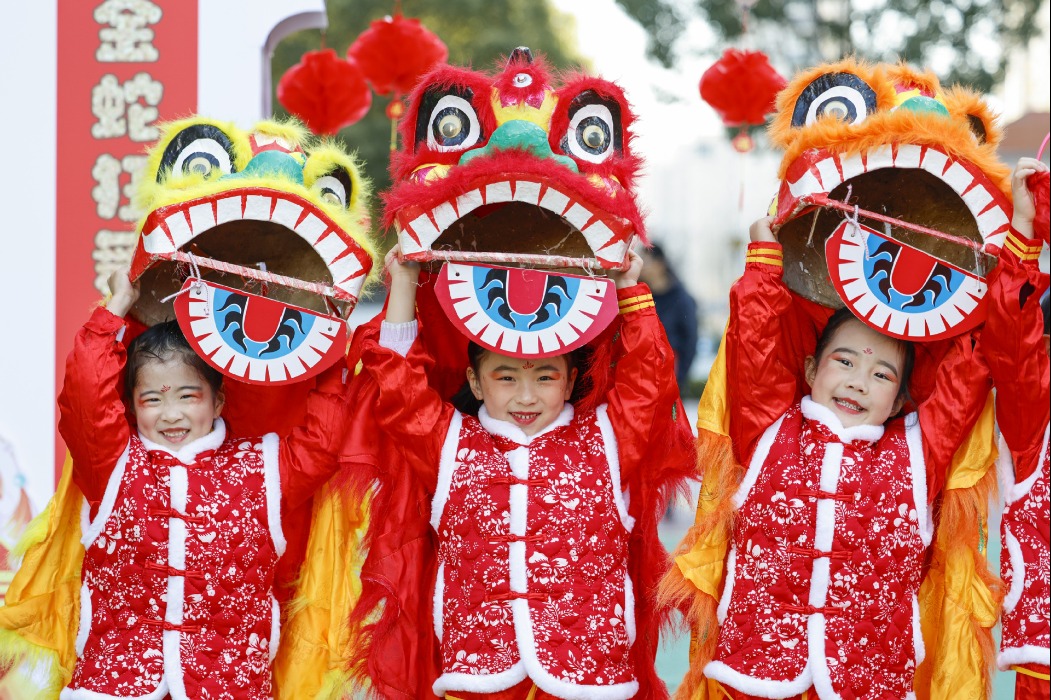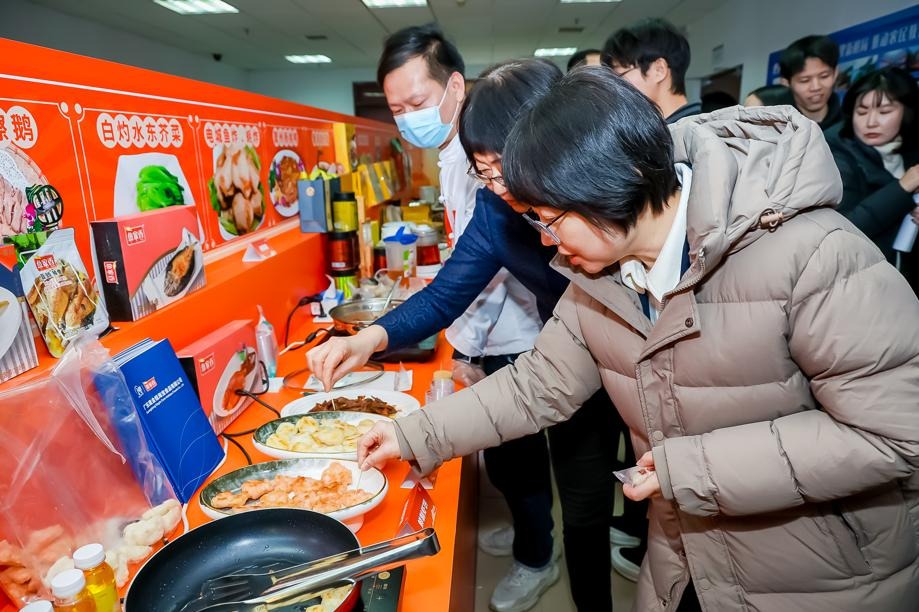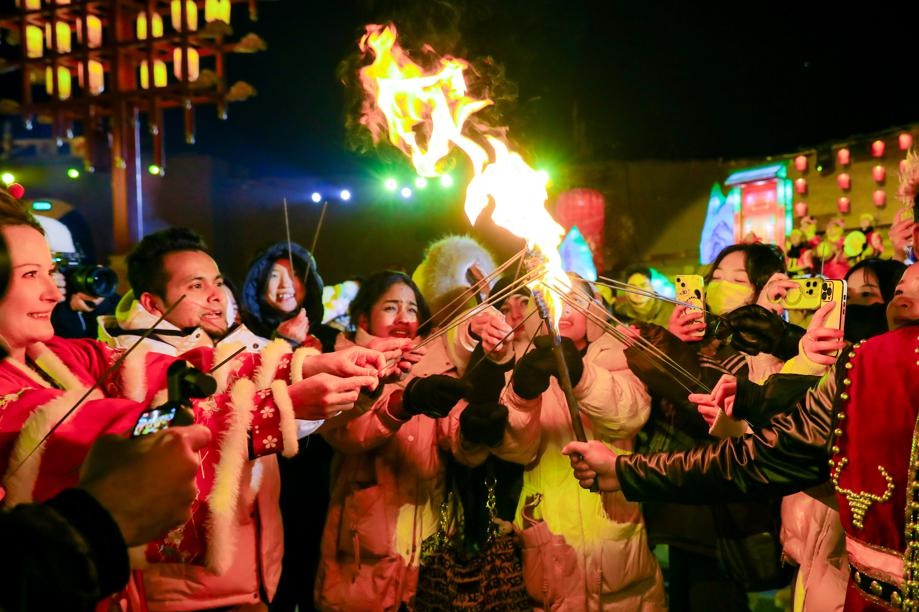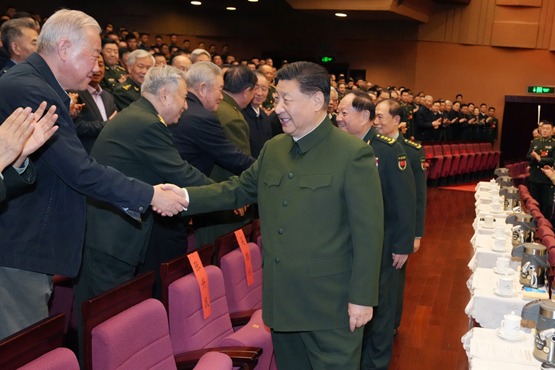Green fashion turns old plastics into profits
As awareness of the climate crisis and environmental issues grows, consumers warm to living more sustainable lifestyles

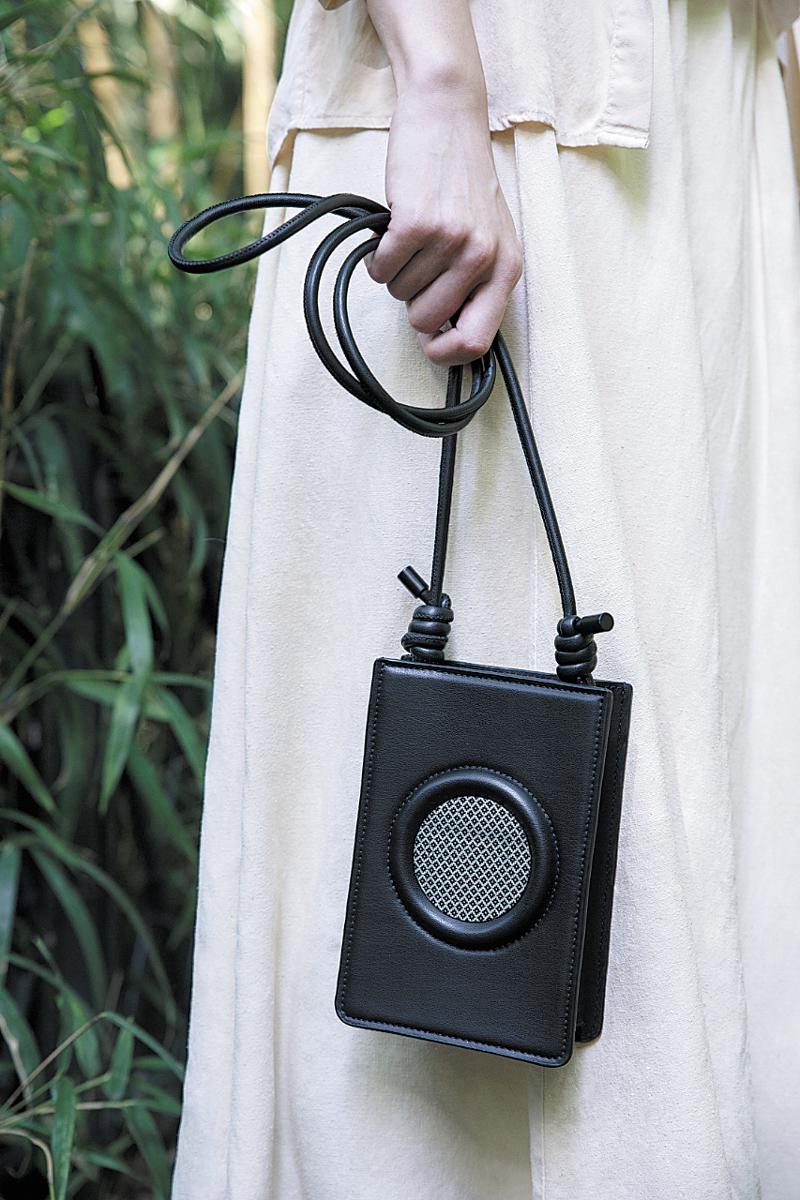
Landfill to lifestyle
Founded in 2019, Beijing-based Bottloop is a fashion brand that designs and sells apparel, bags and office supplies made from recycled plastic bottles and wastepaper. Prior to its establishment, its founder Liu Xuesong had been responsible for procuring waste plastics at Incom Recycle, the parent company of Bottloop.
"The company would purchase discarded plastic bottles and turn them into food-grade recycled PET (polyethylene terephthalate) flakes, which can be transformed into new beverage bottles. The factory's annual production capacity then was 50,000 tons, equivalent to one-third of the annual consumption of beverage bottles in Beijing, which meant that almost 3 million plastic bottles were needed every day," she recalled.
During her first two or three years at Incom Recycle, Liu visited over 100 waste disposal sites in Beijing, Tianjin, Shandong, Hebei and Henan provinces and the Inner Mongolia autonomous region, and saw that in some places wastewater was being disposed of untreated causing serious pollution.
This prompted her to establish her own brand with a vision of improving the recycling industry, increasing added value, making it more youthful, and ensuring participants in the industry have steady income.
Liu said that the brand's Chinese name, Baopu Zaisheng, means embracing simplicity to regenerate, and was inspired by the ancient classic Tao Te Ching by Chinese philosopher Lao Tzu. The text embodies the concept of returning to a simple, frugal lifestyle, with an emphasis on recycling and reusing resources.
Bottloop draws inspiration from rich traditional Chinese culture, from philosophies of respecting nature and avoiding waste, said Liu, adding the brand also uses advanced technology to improve the quality of recycled materials.
The brand uses blockchain to track the entire process from recycling discarded plastic bottles, cleaning and processing, to producing the final products, the founder said.
This sustainable approach has attracted some big consumer names to cooperate with the brand, including Starbucks, Shiseido, Pepsi and BMW.
"We recycle plastic bottles and coffee cups to make aprons for baristas at Starbucks, and help the company calculate the carbon emissions reduced from these products. We also collaborate with beauty salons to recycle makeup packaging and hair products, and turn them into bags and combs to achieve internal recycling," Liu told China Daily.
She said a T-shirt can be made from eight PET bottles, a silk-feel scarf from three bottles and a tote bag from 31 plastic bottles. As of the end of 2023, the company had recycled 25.6 million plastic bottles and reduced carbon emissions by 2,384 tons, Liu added.
"Sustainability is definitely not about preaching or moral coercion, but about passing on the ideas of aesthetics and recycling for good. We must spare no efforts to make each eco-friendly product more beautiful and story-rich, in order to stimulate more people to adopt a sustainable lifestyle," Liu said.
















